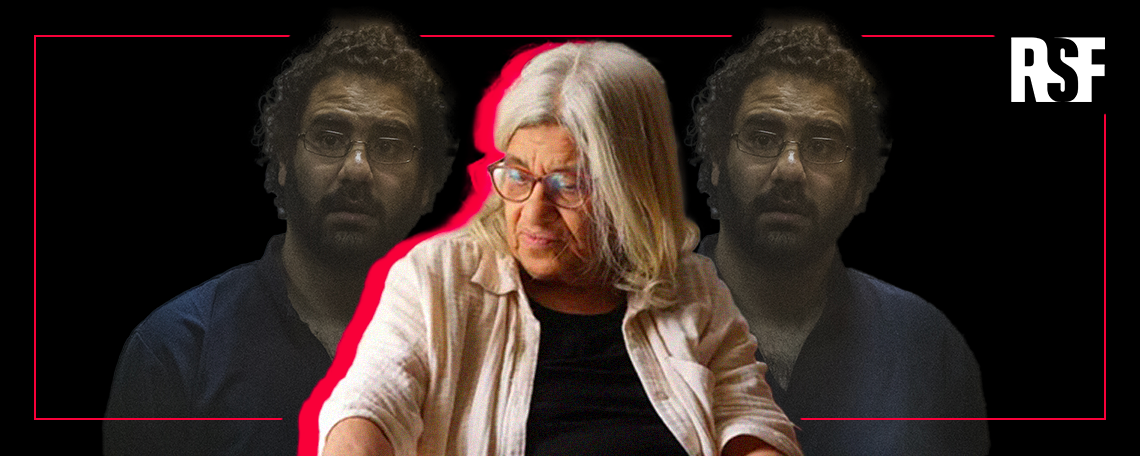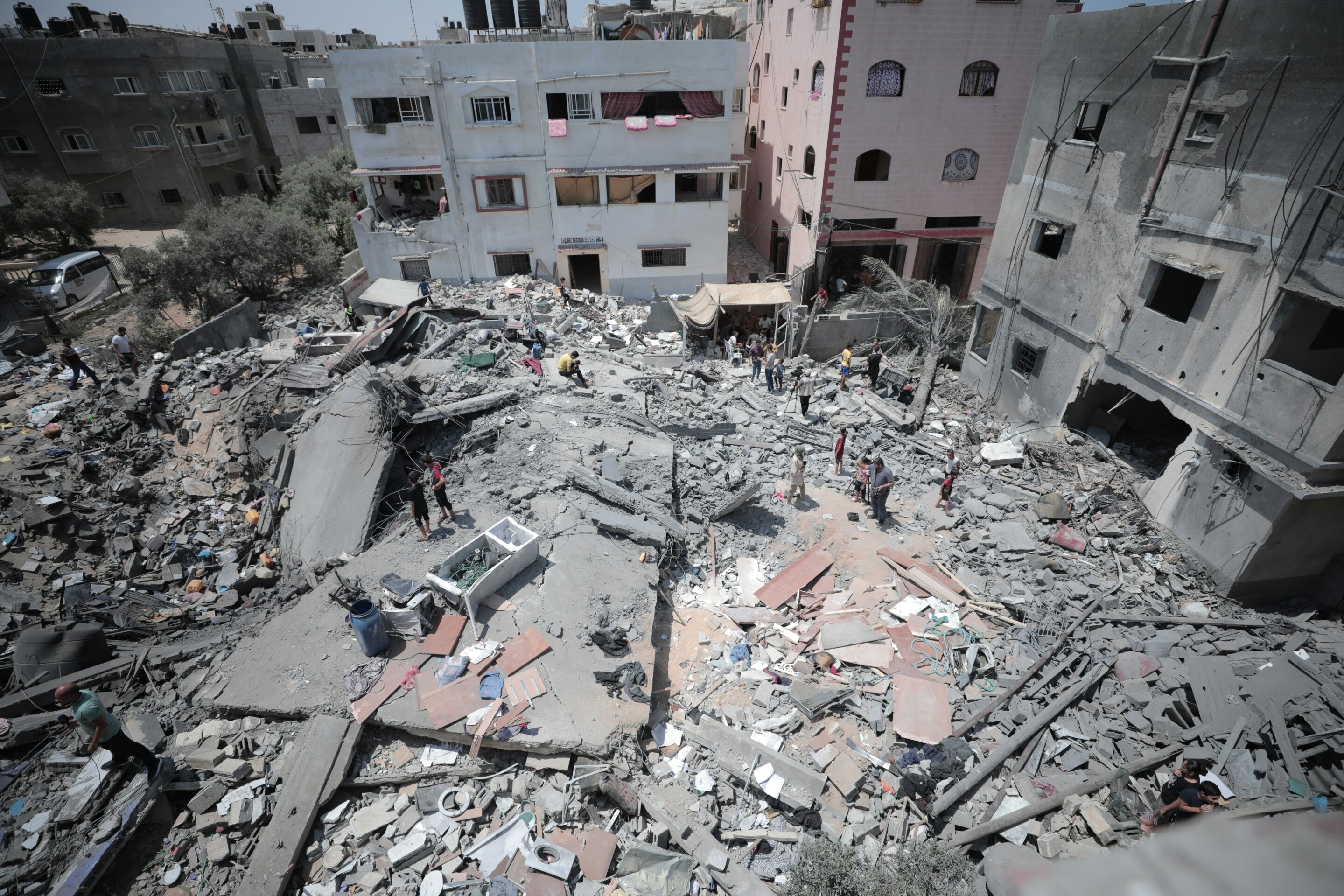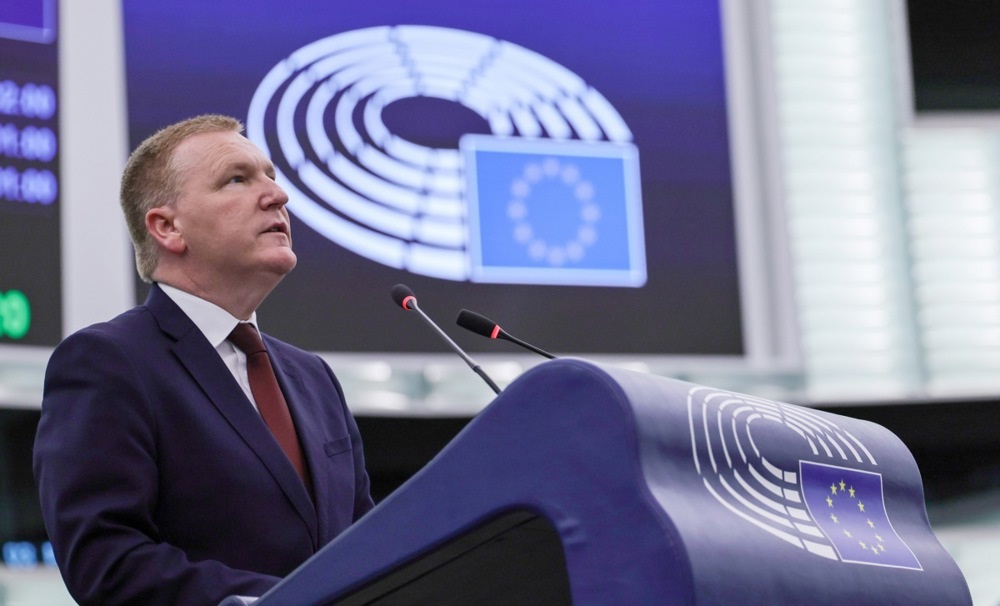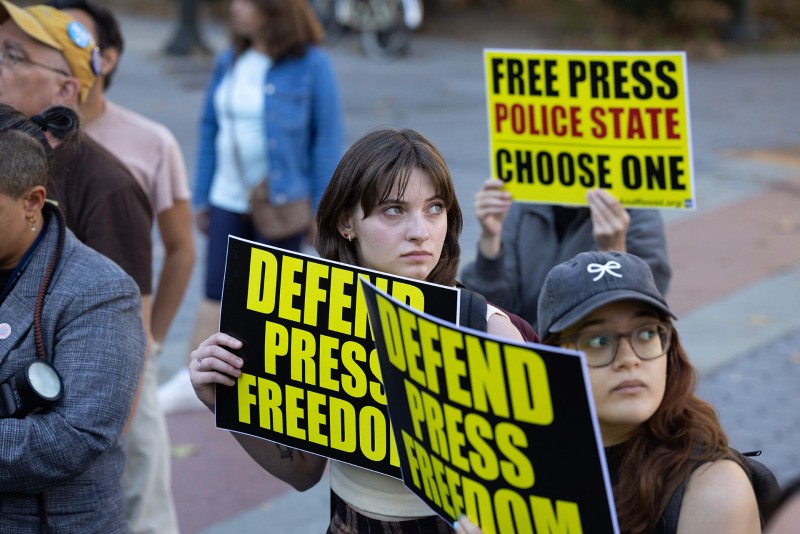
RSF Urges Egypt to Free Alaa Abdel Fattah as His Mother Reaches 100 Days on Hunger Strike
January 7, 2025
French Journalist Sylvain Mercadier Detained by Israeli Forces in Golan Heights Buffer Zone
January 8, 202507 January 2025 – General –
A recent article published by Phys.org on January 7, 2025, draws urgent attention to the unprecedented dangers facing journalists worldwide, particularly in conflict zones. Based on data presented at the Cairo Media Conference, the article declares that “the international legal system has collapsed, and journalism is collapsing with it.” This stark warning follows the deadliest year for journalists since 1992, with at least 146 journalists killed since October 7, 2023, primarily in Gaza, the West Bank, Israel, and Lebanon. Experts fear the actual death toll may be higher.
Nidal Mansour, founder of the Center for Defending Freedom of Journalists in Jordan, underscored the complete breakdown of legal mechanisms meant to protect the press. Journalists are increasingly targeted or caught in indiscriminate violence, with little to no accountability for their deaths. This erosion of protections signals not only a threat to media workers but also to the public’s right to information in times of war and crisis.
The psychological toll on journalists, especially women reporting from Gaza, was also highlighted. Many are working under conditions of displacement, trauma, and constant fear. They face impossible ethical dilemmas—whether to publish harrowing images that might shock the world or protect their emotional well-being. The report calls for greater psychological support and long-term care for these frontline reporters.
The article also critiques Western media for inconsistent and biased coverage of the conflict. It notes that several major outlets have edited out or avoided images of Israeli military actions, contributing to a skewed public perception. This editorial hesitance, experts argue, diminishes journalistic integrity and shields perpetrators from scrutiny.
In light of these concerns, the report calls for urgent reforms. These include stronger enforcement of international protections for journalists, enhanced safety and trauma-response training, and a renewed commitment to ethical, unbiased reporting. Without such measures, the global information ecosystem risks collapse, undermined by violence, censorship, and selective storytelling.
The piece ultimately serves as both a condemnation and a call to action: journalism cannot survive in a world where law fails, truth is silenced, and those who bear witness are left unprotected.
Reference –




